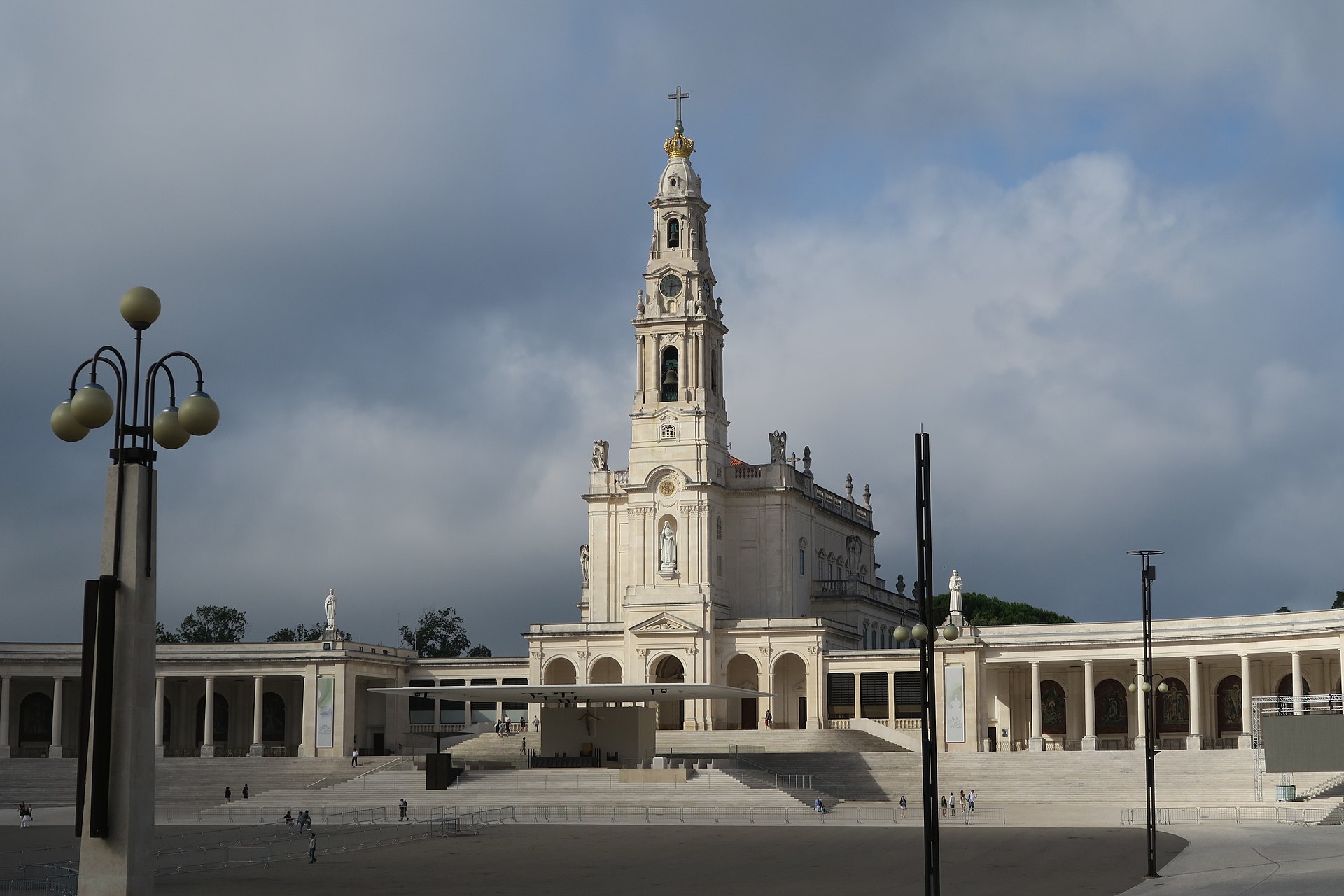A while back, Paula, a Catholic friend who is married to another woman, was telling me that we, as a Catholic Church, live in a time of great hope for LGBTQ people. I confess that I was initially perplexed by this statement, but I ended up agreeing with her.
In fact, the openness of Pope Francis’ pontificate—which has been defined by the dream of a church going out toward the peripheries—has generated space for the listening to, and accompaniment of, LGBTQ people as well. With this observation, neither Paula nor I ignore the long road that lies ahead. Neither do we disregard the difficulties many LGBTQ Catholics face within their communities.
In recent times, however, it is notable that there is a new approach to this reality in the Catholic world.
Pope Francis’ pontificate is marked by a new phase of reception for the Second Vatican Council. The rediscovery of concepts and categories, such as “a church that goes out toward the peripheries” or highlighting the maternal and merciful character of the church, has been of great importance in redefining a way of being a community that is closer to the likeness of Jesus.
The principle, very dear to pope, that “reality is superior to the idea” (“Evangelii Gaudium,” No. 233) has opened ways for a theology and sexual morality that prioritizes—in the spirit of “Gaudium et Spes“—the concreteness of life and promotes listening to those on the margins of a community, notably, LGBTQ people.
At the same time, the current Synod of Bishops and the ongoing consultation of the People of God, as well as the pope’s gestures of closeness and the solidarity of various members of the church, are clear signs that “new things have come” (2 Cor 5:17).
“In fact, the openness of Pope Francis’ pontificate—which has been defined by the dream of a church going out toward the peripheries—has generated spaces for the listening to ,and accompaniment of, LGBTQ people”
This ecclesial environment, on the one hand, generates greater freedom for LGBTQ people to come out of their anonymity and invisibility. On the other hand, it encourages much-needed theological reflection and debate within the church on these issues. This allows pastoral workers greater creativity to welcome, accompany and propose ways for LGBTQ people on their path to holiness.
There is, nevertheless, much to be done to make a church that welcomes everyone in their uniqueness and diversity become a reality. If, at one level, a deeper appreciation of these issues is a slow journey, the concrete lives of LGBTQ people, who seek to live in their communities in the style of Jesus, require urgent responses.
In many parts of the world, Portugal included, we are still in the very early stages of this process. Truthfully, LGBTQ people in parishes, movements, schools and Christian groups are forced into a situation of general invisibility. It is true that they are present and play active roles in these spaces.
Nevertheless, a culture of openness, welcome and respect is lacking, such that LGBTQ people can fully accept and integrate their affective and sexual identities. Overall, the means of welcome and accompaniment specifically aimed at LGBTQ people, openly offered by Christian communities and capable of addressing their quests, questions, longings and needs, are pretty much non-existent in the church.
On the other hand, the absence of explicit accompaniment towards the pastoral care of LGBTQ people greatly depends on the openness and welcoming of the pastoral workers themselves, most of whom are clergy. There is still great resistance, in many communities, to the creation of prayer, sharing and support groups aimed towards LGBTQ people. One of the arguments given for this is that people should be part of the mission of their communities, and that their sexual orientation or identity should not be a reason for creating specific groups or outreach.
Here lies a central point: It is precisely because the Catholic Church holds an ambiguous position on this issue that it is difficult to welcome, integrate and accompany LGBTQ people in its communities, and it is why visible actions directly aimed at this community are necessary.
Therefore, as long as our spaces are still characterized by homophobic, biphobic and transphobic attitudes, and as long as many LGBTQ people see churches as unsafe places, it is urgent to make our welcome explicit and clear, leaving no room for ambiguity.
As a church, we need to offer clear proposals that accompany LGBTQ persons and help them form their consciences, so they may respond in a creative and faithful way to the essentials of the Gospel and Catholic tradition. All people, including LGBTQ Catholics, are invited by the Lord to holiness.
“It is precisely because the Catholic Church holds an ambiguous position on this issue that it is difficult to welcome, integrate, and accompany LGBTQ people in its communities, and it is why visible actions directly aimed at this community are necessary.”
In Portugal, “new things have come” that seek to circumvent the described situation. It is true that, for decades, some pastoral workers have dedicated themselves to the accompaniment of individuals or small groups, and that there are groups of LGBTQ Catholics in major cities.
Last year, through the initiative of a group of lay people, priests and consecrated religious, SOPRO, a movement that hopes to “foster an environment of respect and acceptance towards LGBTQ people … in Portugal,” was born.
Although steps have been taken to reach out to LGBTQ Catholics in Portugal and there are reasons for hope, there is still a long way to go. It is now an urgent task to offer ways that LGBTQ people can feel not only welcomed—in the sense of not being rejected—but that they can discover and develop their Christian vocation, a way of encountering God in the concreteness of their lives and of announcing the joy of the Gospel.
This article has been translated from the Portuguese and edited for clarity and style by João Manuel Silva, S.J., and Ricardo da Silva, S.J. The original Portuguese-language version can be found here.




